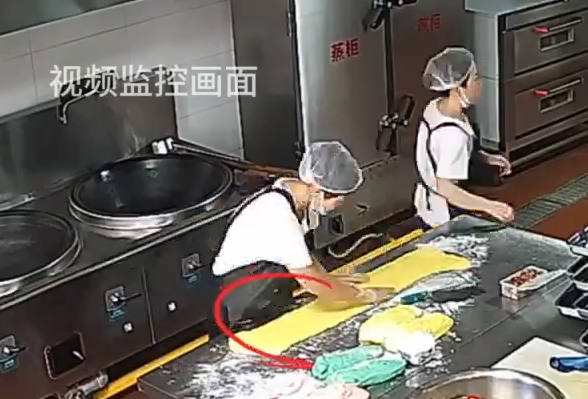Eight individuals have been arrested in China following a food safety scandal in which over 200 kindergarten children in Gansu province were diagnosed with lead poisoning after consuming contaminated meals at their school.
The incident, which unfolded in Tianshui city, has raised renewed concerns over food safety enforcement and regulatory lapses in China. According to China's state broadcaster CCTV, investigators discovered that two food samples-specifically a red date cake and a corn sausage roll-contained lead levels of 1,052 mg/kg and 1,340 mg/kg respectively. The official safety limit is 0.5 mg/kg.
Authorities traced the source of the contamination to paint that had been explicitly labeled as inedible. The Heshi Peixin Kindergarten reportedly purchased the paint online and added it to food served to students. CCTV cited a police official stating the school was trying to "attract more students and increase revenue."
"There is no level of exposure to lead that is known to be without harmful effects," the World Health Organization has warned, noting that children are particularly vulnerable due to the effects of lead on the developing central nervous system.
The kindergarten, a privately owned institution established in 2022 with 251 enrolled students, saw 233 children test positive for abnormal blood lead levels, with 201 admitted to hospitals. CCTV reported that all affected families are receiving free medical care.
Symptoms among the children included stomach and leg pain, nausea, hair loss, and in some cases, blackened teeth, according to state-run Jimu News and The Cover, which cited accounts from parents.
Eight individuals, including the kindergarten's principal and legal representative, were detained by authorities. The investigation is ongoing, with local officials pledging accountability. "The incident has caused physical and mental harm to the children and parents of Peixin kindergarten, and we are very sad. We will learn profound lessons," CCTV quoted Gansu authorities as saying.
China has made strides in food safety since the 2008 melamine-tainted infant formula scandal, but issues persist. A 2022 report from state media noted that catering services and agricultural products remain sectors with relatively high rates of noncompliance in safety inspections.






